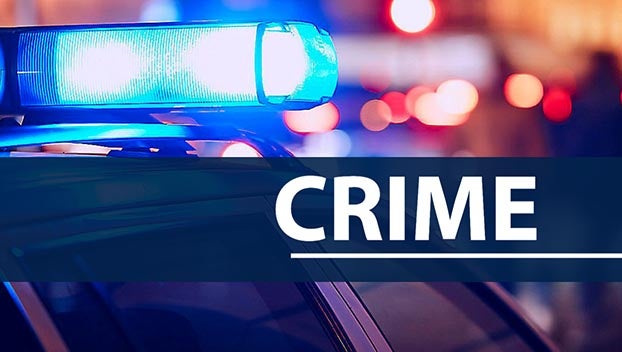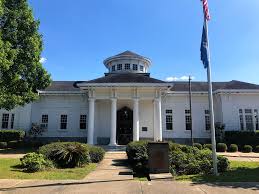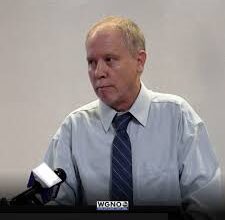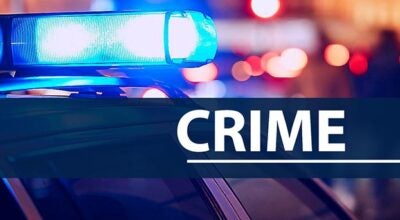New state laws begin
Published 1:01 am Saturday, January 2, 2016
Nineteen new or re-written state laws took effect Jan. 1, although many of those laws do not begin until Jan. 11, when newly elected officials start their new terms.
Among the laws include ones allowing the public access to more records in the Louisiana governor’s office, tougher licensing requirements for marriages, and new rules governing the state’s tax breaks for movie companies.
A bill by State Sen. Dan Claitor, R-Baton Rouge, places new limits on records exemptions allowed to future governors, including Gov.-elect John Bel Edwards, who will be inaugurated Jan. 11.
The re-written public records law will keep a governor’s communications with internal staff secret, but it will eliminate several exemptions put in place by a 2009 bill favored by outgoing Gov. Bobby Jindal.
An exemption that gives executive branch departments a six-month blackout period on budget documents has been removed, as has language that hides records considered part of a governor’s “deliberative process.”
However, all internal communications and exempted records will still be retained for the state archives, and they will be available for review eight years after their creation, according to the law.
Also in 2016, stricter marriage license requirements are taking effect in the state of Louisiana. Lawmakers hope that the more detailed criteria will prevent illegal immigrants from getting married in the state.
Rep. Valarie Hodges, R-Denham Springs, backs the changes, which will prohibit the purchase of a marriage license without a birth certificate, valid ID or passport.
In addition, couples must attest under oath that they did not lie on their paperwork, and any birth certificates in foreign languages will have to be translated.
Many of Louisiana’s election dates will be shifted in 2016, along with candidate sign-up periods. Also, beginning on Jan. 11, the Louisiana Secretary of State’s office will print and sell maps of election precincts and jurisdictions. The proceeds from the map sales will be earmarked for voter outreach, maintenance of voting machines and voting technology.





